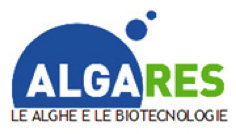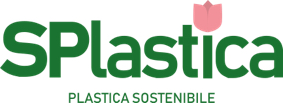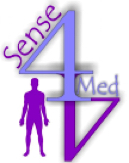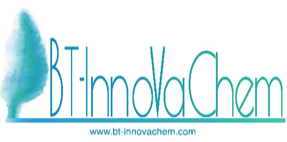“THIRD MISSION” OF UNIVERSITIES
A radical change in the higher education system occurred in the early 19th century in Germany, when the Humboldtian reforms initiated the first academic revolution by combining teaching with scientific research. Since then, all universities began to take on the dual role of education and research.
Building upon the first wave of reform, a second academic revolution has been underway since the late 1980s. Universities embraced a Third Mission (TM) of being the providers of knowledge
proffered in order to be translated into intellectual property that could be exploited in practical terms. Universities have been increasing their entrepreneurial activities in many areas,
including patenting and licensing, building science parks, promoting academic spin-offs and, also, by investing equity in start-ups.
TM began to be introduced to identify both the contribution of universities to economic and social development, and the interactions between universities and society at large.
Now, in the 21st century, universities have become key actors in cultural and economic growth, as well as fostering competitiveness in the global arena.
Consequently, TM does represent a variety of activities that link universities and society.
A first fundamental task consists in the economic valorization of knowledge through technology transfer activities aimed at the evaluation, protection, and marketing of technologies developed within the framework of industry funded research projects performed in, and executed by, the academic structures and, more in general, at the management of intellectual property in connection with the same projects. This type of TM includes the creation of companies (spin-offs) and industry funded R&D activities, thanks to the primary role of universities in the national and international panorama of scientific research.
A second way of interaction between the academic research and society is called by ANVUR (the Italian National Agency for the Evaluation of Universities and Research Institutes) as “third cultural and social mission” and concerns the production of public goods that increase the welfare of society. Such assets can have a cultural content (events and cultural assets, management of museum poles, archaeological excavations, scientific dissemination), social (public health, activities for the benefit of the community, technical-professional consultancy), education (adults’ education, lifelong learning, continuous training) and development of citizenship awareness (debates and public controversies, scientific expertise). An important cultural and social aspect of the third mission is represented by the involvement of the public on scientific and technological issues in order to increase the skills of citizens, also on issues that may have political and social consequences (climate change, GMOs, stem cells, nanotechnologies, etc.).
The Department of Chemical Sciences and Technologies (DSTC) is strongly active on the front of the TM, for both the economic enhancement of knowledge (spin-offs and industry funded research grants), and for the support provided to the society, in order to increase its cultural and social well-being.
The DSCT supports and has supported the industrial activity through the development of new products, processes and analytical methods for small, medium and large national and international companies and consortia (e.g. FATER, CHEMI, WFS Ground, Costec, MAVI Sud, CNCCS, Cosmed, OMCD SpA, Viscolube, Procter & Gamble, Fater, Bridgestone, Marangoni, Sanofi-Avensis, Bristol-Myers, Squibb, FCA, Fidia pharmaceuticals, Menarini, Parmalat, Microbia).
In many cases the collaboration between companies and DSTC has led to the development and commercialization of innovative processes and products, as well as international patents.
As part of the third cultural and social mission, the DSTC promotes cultural activities such as the organization of conferences, seminars, exhibitions, participation in radio and television broadcasts, meetings, public debates and dissemination events (Notte dei Ricercatori; Scienza Orienta, dedicated to scientific dissemination and orienteering for high-school students; Giochi della Chimica; Salone dello Studente) and training activities as well (PLS; theoretical and practical specialization courses).

 Descrizione attività
Descrizione attività Descrizione attività
Descrizione attività Descrizione Attività
Descrizione Attività Descrizione attività
Descrizione attività